David L. Wolper
David L. Wolper was a true genius of film and television production. He attended Drake University in Des Moines, Iowa, and the University of Southern California, where he majored in cinema and journalism. He was notorious for his work as the publicist of a USC play in 1948, when he had a fellow student dress up in a gorilla costume and crash the Academy Awards, carrying a sign advertising the play.
Wolper left USC before graduating, choosing instead to go into television, which was at the time a new medium. Wolper established Flamingo Films and began selling films to television stations across the country.
His production career began when he acquired never-before-seen Russian space footage from a Soviet agent in 1955. Wolper used it in "The Race for Space," his first film. Though the major networks refused to air the independent documentary, he approached network affiliate stations, essentially assembling his own network, which was reported on the front page of the New York Times. This first documentary led to more documentary success, including the Oscar-winning film "Hellstrom Chronicle."
Outside of documentary, Wolper is credited with kicking off the miniseries craze in the mid-'70s with "The Thorn Birds," "North and South" and "Roots." When he ventured into sitcoms, he had two hits right off the bat: "Chico and the Man" and "Welcome Back, Kotter." He produced many successful movies, including "Willy Wonka and the Chocolate Factory" and "L.A. Confidential."
The Doheny Library at USC is home to the David L. Wolper Center, which houses 50 years' worth of Wolper's papers, contracts, photos, scripts and budgets. Throughout his storied career, Wolper has been honored with two Oscars for his documentaries, two Peabody Awards, four Emmy Awards, three Golden Globes and two NAACP Image Awards.
Related stars
|
|
Points of interest
Academy Awards
| Year | Category | Work | |
|---|---|---|---|
| 1959 | Best Documentary - Feature | The Race for Space | Nomination |
| 1984 | Jean Hersholt Humanitarian Award | Win |
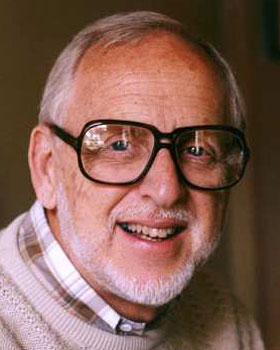

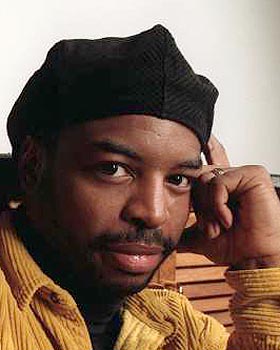
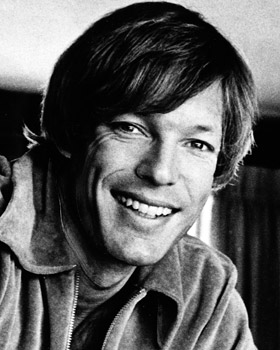

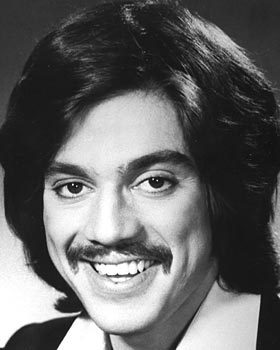
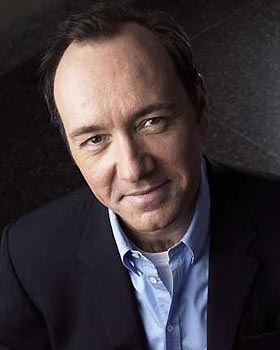
Share a thought about David L. Wolper